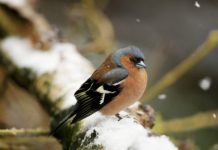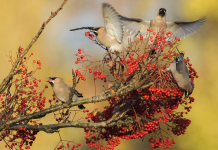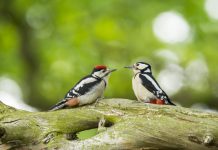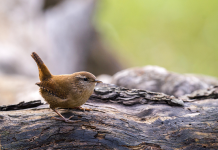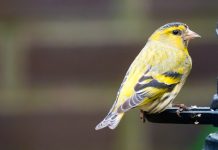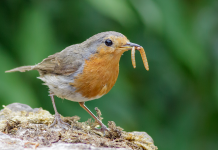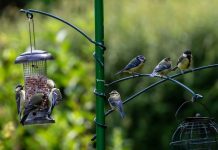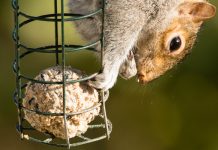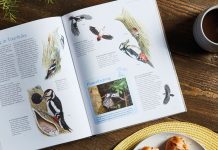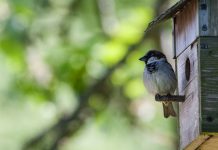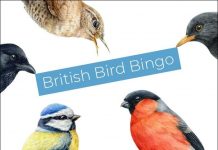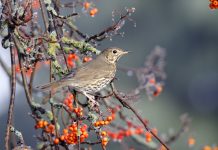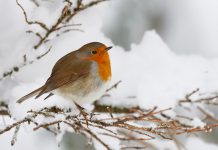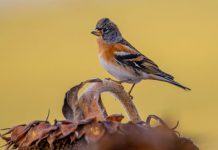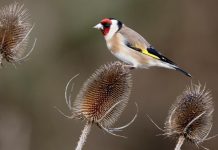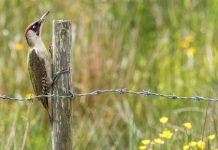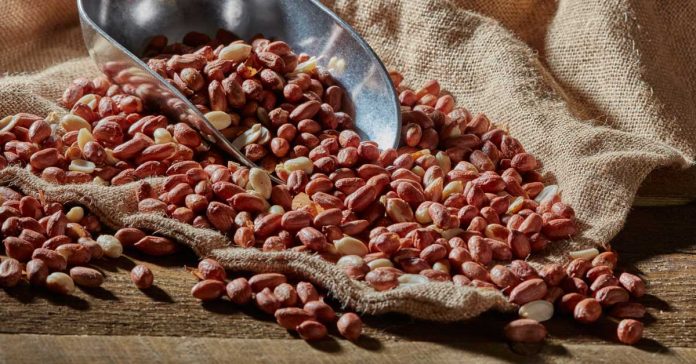Peanuts are a favourite treat for many a finch or tit, but unless they are harvested and stored properly they can be at risk of aflatoxin infection. You might have heard about aflatoxin if you have ever bought bird peanuts, but what exactly is it and why is it so bad for birds?
What is aflatoxin?
Aflatoxins are a poisonous carcinogen that is harmful to birds, as well as humans. The term ‘aflatoxin’ is derived from the mould which produces it, namely, aspergillus flavus. These moulds usually develop in agricultural crops such as peanuts and other grains.
The mould grows between the skin and the kernel, and will be more likely to occur in cheaper nuts which haven’t been processed correctly or stored properly. High moisture and high temperatures are more likely to encourage the moulds to grow.
Why is it bad for birds?
Aflatoxins affect the liver in particular, and in birds it doesn’t take long for the carcinogen to take effect. The term ‘aflatoxin’ was coined in the 1960s after a particular outbreak among turkeys in the UK, which had been known as ‘turkey X disease’. The birds were fed contaminated corn, and roughly 100,000 of them died as a result. Aflatoxin is the most poisonous mycotoxin, because it carries a significant risk for kidney and liver cancer.
What can I do to avoid it?
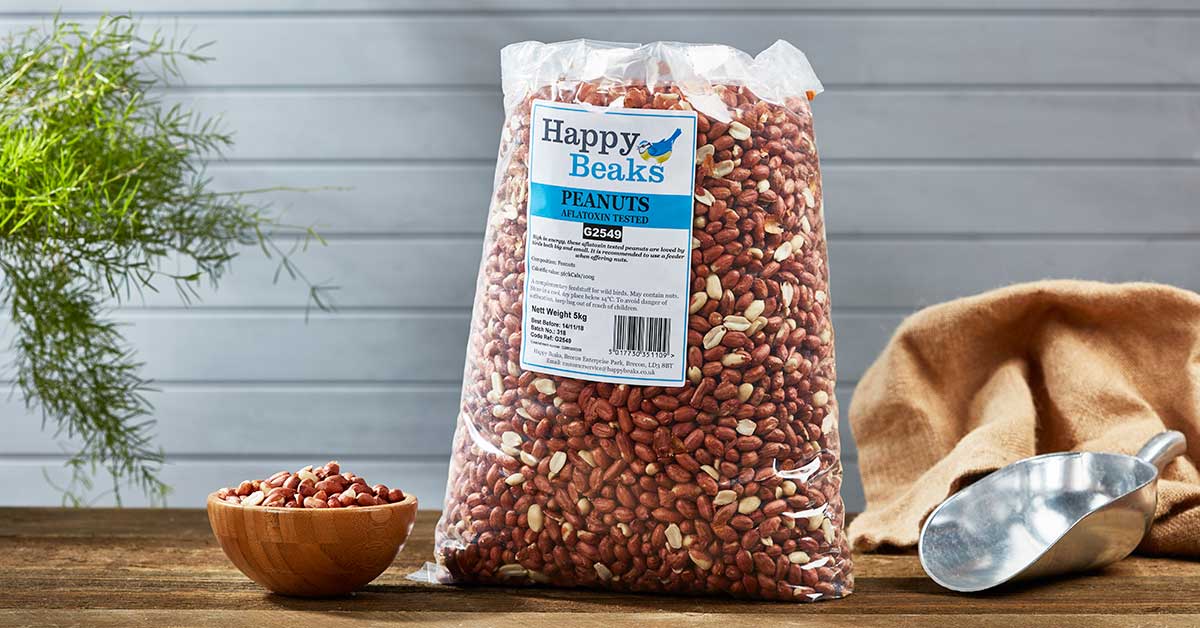
The best way to avoid aflatoxin is to source your peanuts from a reputable seller, as the feed will be tested for aflatoxin. Happy Beaks only sells peanuts that are aflatoxin tested, so you can stay safe in the knowledge that you’re picking quality products.
To ensure that your peanuts stay fresh for as long as possible, you’ll want to make sure that you store your bird food correctly. Avoid keeping them in the bag, and instead store them in a dry, sealed container. This will help to prevent any unwanted moisture getting in and potentially encouraging mould to grow.
Discard any nuts that are shrivelled, discoloured, or where mould has appeared. You should always offer peanuts in a wire mesh feeder as smaller birds can choke on the whole nut, however be mindful of the fact that they can go mouldy in damp conditions. Discard them if they show signs of mould, and replace with fresh feed. Generally, peanuts should be in a good condition for at least a week in feeders if the conditions are mild and damp.
Before you go…
There are many benefits to bird peanuts, as they are a high energy treat that your feathered friends will love. As long as you source aflatoxin tested peanuts and store them properly, you’ll be giving your garden birds the helping hand they need.


